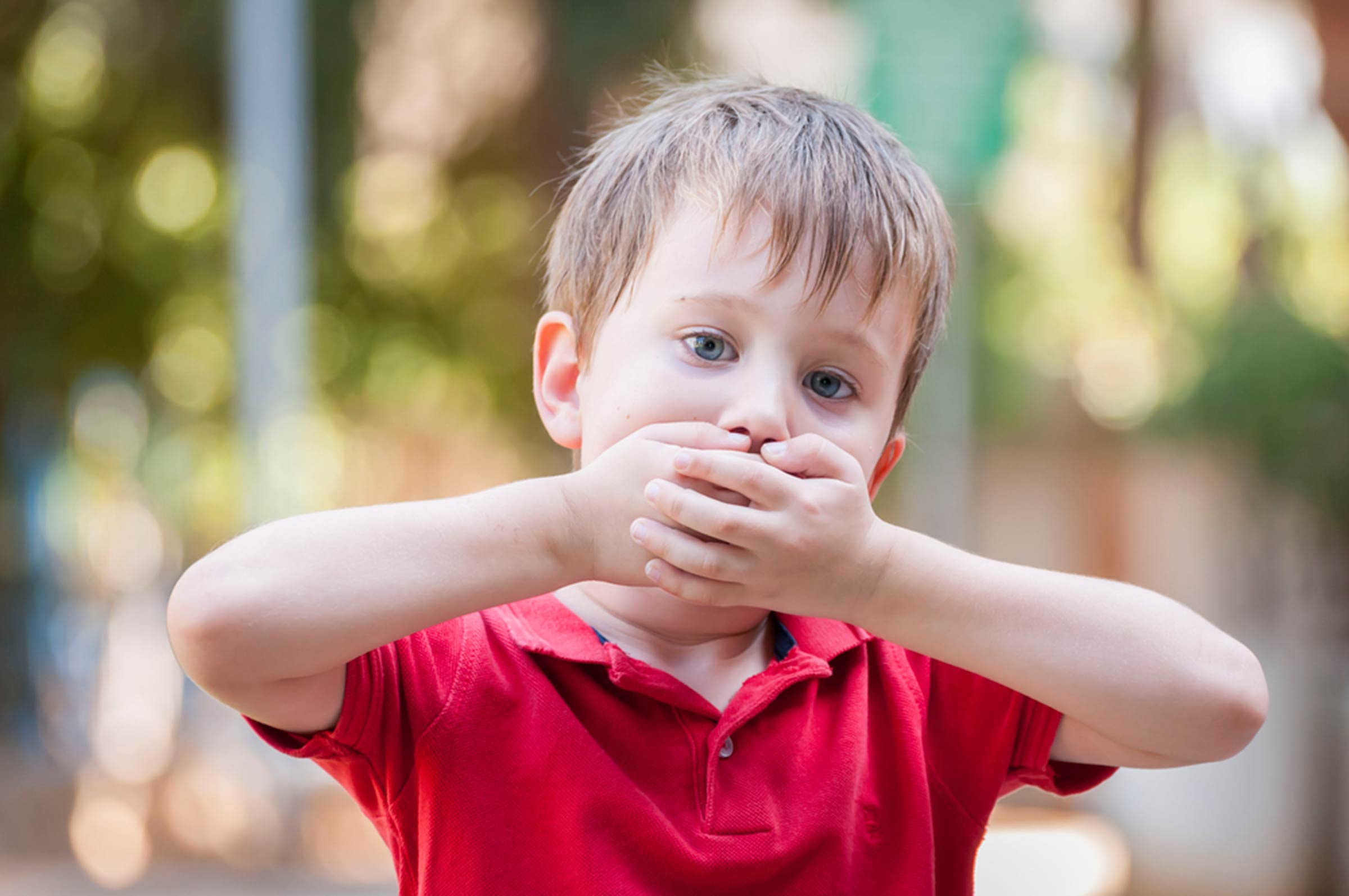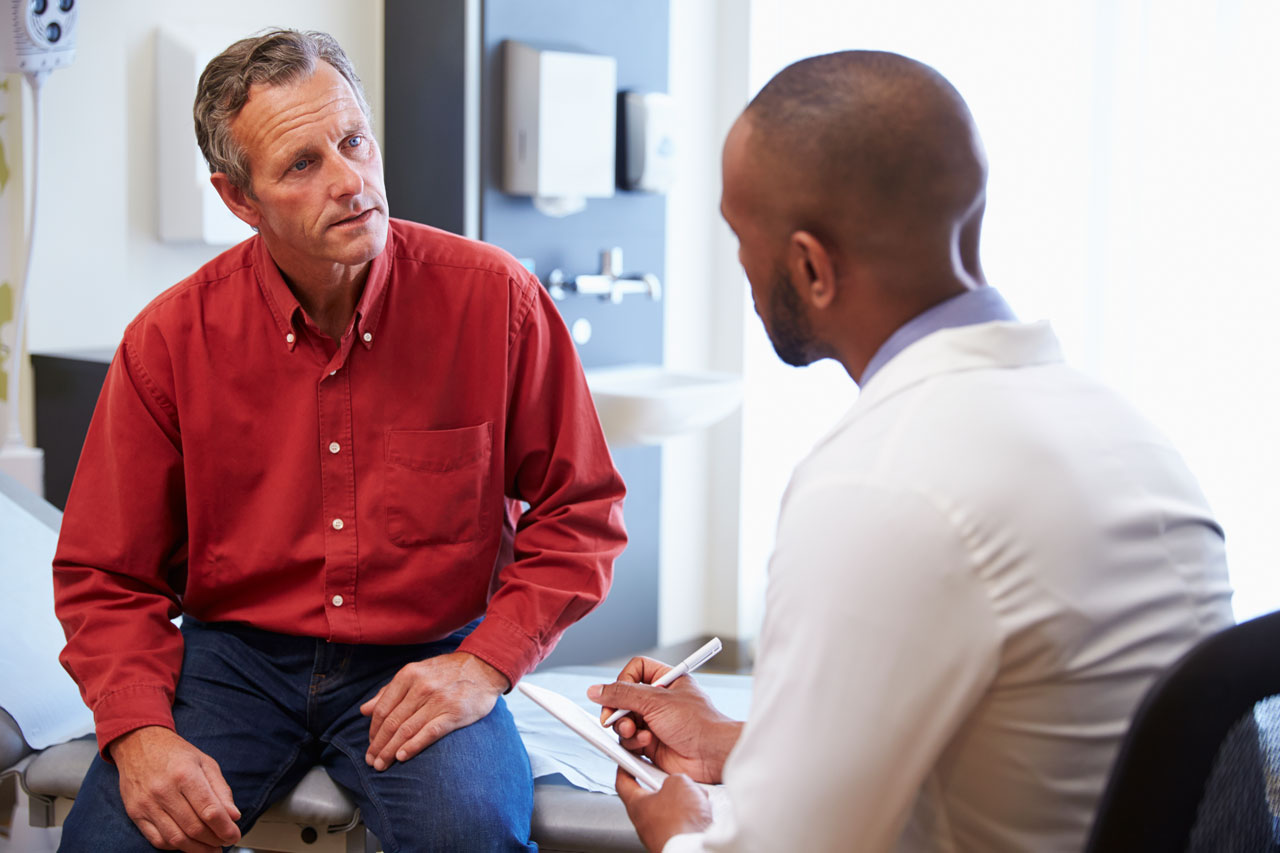
It occurs more often in men than in women.
It is the stimulation of the nerves that go to this center that causes hiccups. And unlike reflexes of coughing, sneezing, and vomiting, hiccups do not seem to have a protective or useful function.
- brief and intermittent;
- lasts from a few seconds to a few minutes.
Persistent hiccup
- lasts 48 hours or more;
- recurrence frequently.
Refractory hiccup
- lasts for months or years;
- may result in weight loss and fatigue (because of difficulty eating);
- can cause insomnia.
Hiccups causes
Benign hiccup
- Distention of the stomach caused by a large meal, fast food or liquid swallowed quickly, carbonated drinks or aerophagy (swallowing air while eating).
Doctors believe that gastric distention can stimulate the nerves of the stomach that go to the center of hiccups, or irritate the diaphragm.
- A sudden change in temperature (drink very cold or very hot, switch immediately from a cold place to a warm place, or vice versa), which makes the center of the hiccup hypersensitive;
- Excessive alcohol absorption that can distend the stomach and neutralize natural inhibitors of hiccups in the brain.
- Excessive smoking (more than one pack a day). A cough caused by smoking irritates the diaphragm.
- Psychological causes (mood variation, stress ), but we do not really know why this causes hiccups.
Persistent hiccups and refractory hiccups(usually related to a disease that can cause compression, irritation or damage to the nerve, which is the nerve of the diaphragm).
- Gastrointestinal disorder (gastroesophageal reflux, obstruction or inflammation of the esophagus, tumor in the chest, diseases of the stomach, pancreas, and gallbladder).
- Central nervous system involvement ( Parkinson’s disease, tumor, hemorrhage or cerebral thrombosis).
- Toxic or metabolic causes (diabetes, renal failure, alcoholism).
- Irritation of the diaphragm (infarction, abscess under the diaphragm, hiatal hernia, dilatation of the spleen).
- Infectious causes (influenza, meningitis, pharyngitis, laryngitis, pneumonia, pleurisy, bronchitis).
- Some medicines like tranquilizers.
- General anesthesia.
- Abdominal surgery.
- Serious psychological disorders ( severe anxiety, personality disorders).
- Family history. If family members tend to hiccup, this reveals some predispositions.
Hiccup: Practical advice
Do not take medication
Some people believe that tranquilizers will stop hiccups. It is completely useless and, in addition, it is dangerous (except exception: see the section on treatments).
Do not induce vomiting
Provoking the high the heart is effective, but avoid making you vomit: regurgitations may enter the bronchi and this is dangerous.
Do not take harmful substances
Contrary to popular beliefs that circulate, you must absolutely avoid breathing or be ingesting harmful substances such as ammonia, vinegar, and ether.
stimulate the pharynx
Stimulating the palate alters the nerve impulses of the hiccup center, which can stop the hiccups.
Here are ways to get there:
- pull vigorously on your tongue until the hiccup stops;
- drink one or more glasses of cold water;
- take 1 tablespoon (15 ml) of icing sugar, without water. For babies, dissolve half a teaspoon of sugar in 125 ml of water;
- suck a candy or an ice cube;
- cause a sneeze, breathing pepper for example;
- put a finger in the bottom of your mouth to provoke a high heart;
- gargle with cold water;
- drink upside down: take a glass of water, lean forward and try to drink on the opposite side where you normally drink (on the opposite side of the glass);
- chew dry bread, then swallow it.
To divert attention
Often, forgetting that we have the hiccups is enough to make it pass:
- startle the victim of hiccups;
- tickle the children to make them laugh;
- Bet with the person that she will not be able to stop hiccups in five minutes.
Change your breathing
The principle is to inhale as much carbon dioxide as possible. Indeed, it seems that CO² decreases the frequency of hiccups.
To do this :
- hold your breath as long as possible;
- Exhale more slowly
- breathe in a paper bag: inhale and exhale a dozen times, as deeply as possible. Do it quickly, making sure there is no outside air in the bag.
Compress the diaphragm
To stop contractions that cause hiccups:
- sit on the floor or on a chair, bring your knees to your chest and lean forward for a few minutes;
- place a bag of ice on the diaphragm just below the ribcage.
Stimulate the uvula
(fleshy “V” -shaped protrusion at the bottom of the mouth)
If the hiccups persist for more than 60 minutes:
- rub the palate with your finger, a tongue depressor or a cotton swab
- lift the uvula with a spoon.
Do not breathe quickly
Adopting a very short breath and very fast, something that is frequently recommended is useless and even harmful. This has the effect of reducing carbon dioxide (CO²) in your lungs and thus aggravate hiccups; in addition, you may feel dizzy and unconscious.
Hoquet: When to consult?
- The hiccups have lasted more than 48 hours.
- The hiccups are intermittent (he comes back every week, for example).
- You have chest pain, heartburn or difficulty swallowing.
Hiccups: ExamsThe doctor will note the relevant information and will conduct a complete physical examination.
A chest x-ray, stomach test and blood tests to detect diabetes or kidney failure may be needed.
Hiccup: TreatmentDoctors diagnose a disease in 90% of cases of persistent or refractory hiccups. The treatment is then immediately undertaken.
For the remaining 10%, different approaches can be considered to stop hiccups:
Modification of habits
Avoid heavy meals, reduce the consumption of soft drinks, alcohol, and cigarettes, and take the time to eat slowly.
Various therapies
For cases of psychological origin and in case of failure of psychotherapy, hypnosis and acupuncture can be effective.
Pharmaceuticals
If no improvement is observed, tranquilizers or relaxants (anticonvulsants, muscle relaxants, antidepressants) may be prescribed.

